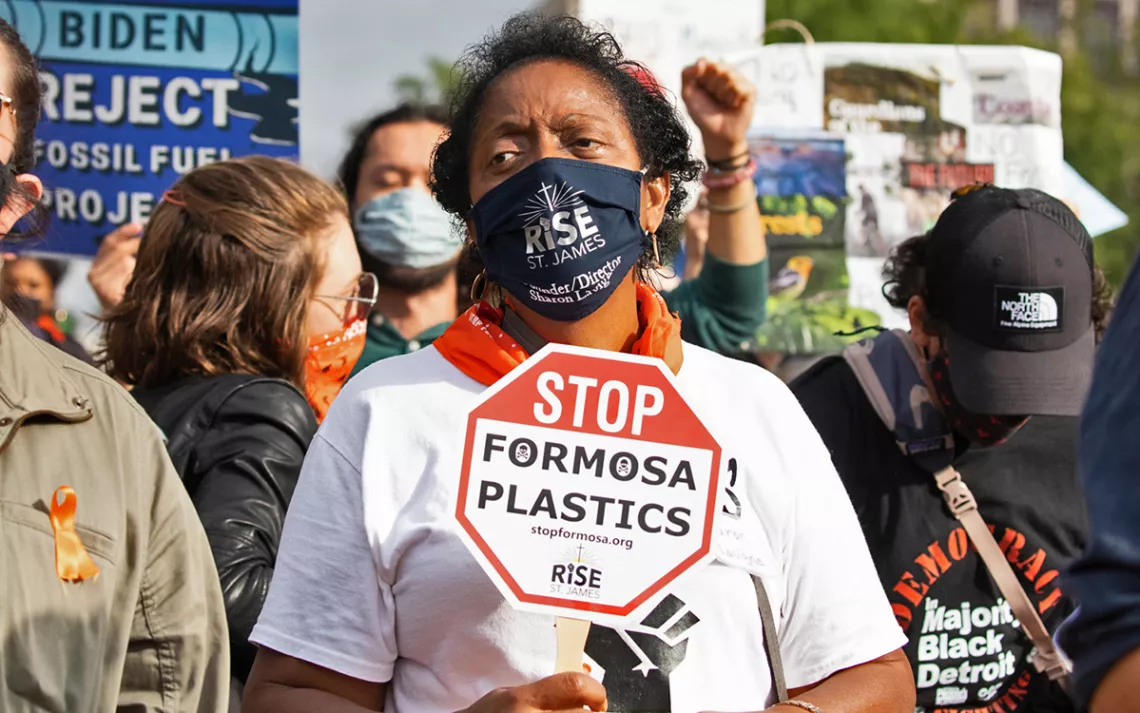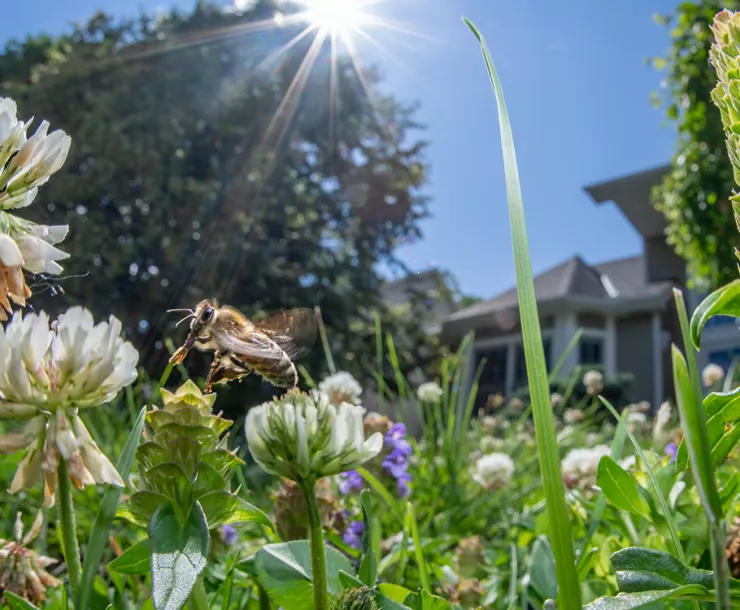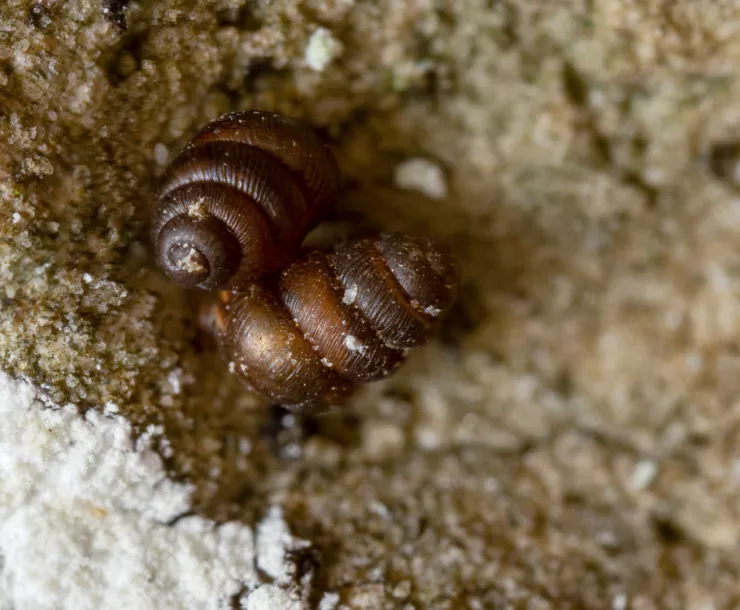Fire at the White House
Indigenous-led protests in DC call on Biden to declare a national climate emergency
Photos by Julie Dermansky and Dayna Reggero
This week, hundreds of people from across the United States converged on the White House to call on President Joe Biden to declare a national climate emergency and to use the full scope of his executive powers to halt the continued expansion of fossil fuels. On Monday—Indigenous Peoples Day—more than 130 people were arrested in front of the White House, followed by scores more Tuesday and Wednesday. Altogether, nearly 300 people have been arrested as they called on the president to ensure that his administration’s climate actions match up with its climate rhetoric.
The protests—which mark the largest coordinated climate justice civil disobedience actions at the White House since the height of the campaign against the Keystone XL Pipeline—were organized by the Build Back Fossil Free, a coalition of Indigenous, Black, environmental, and social justice organizations. The coalition’s members have criticized the Biden administration for greenlighting extreme energy projects like the controversial Line 3 Pipeline even as climate-warping carbon pollution continues to rise.
“With the power of a pen, President Biden could stop these pipeline projects,” Joye Braun of the Indigenous Environmental Network said in a statement. “He promised he would listen to us. He’s not listening. We’re coming every day of this week to tell Biden, 'Stop this madness.'”
The protests have been led by frontline community members, who routinely suffer disproportionate harms from fossil-fuel-related pollution. “I want to tell our President Joe Biden, you campaigned on Cancer Alley. That's where I live,” Sharon Lavigne, a recipient of the Goldman Environmental Prize for her work with Rise St. James, said. “People are dying rapidly. People are dying of cancer and other ailments.”
Interfaith leaders representing the Buddhist, Christian, Hindu, Islamic, and Jewish traditions have also taken part in the civil disobedience at the White House. On Tuesday, Sierra Club president Ramón Cruz was among those who risked arrest. The hundreds of people who have been detained at the White House this week have been cited for obstructing traffic and then released.
A report released this week by Oil Change International, one of the organizations coordinating the protests, found that if the Biden administration were to move forward with 21 major fossil fuel projects currently under federal review, the greenhouse gas pollution from those projects would be the equivalent of adding 316 new coal-fired power plants—more than are currently operating in the United States.
Demonstrations have also occurred at the Washington offices of the Army Corp of Engineers, the federal agency often responsible for overseeing fossil fuel infrastructure projects. On Thursday morning, a group of Indigenous leaders occupied the Bureau of Indian Affairs headquarters as they called on the US government to honor the treaties signed with Native nations and to respect international human rights laws requiring that Indigenous communities have free, prior, and informed consent over development projects in their territories.
As of midday Thursday, the White House still has not issued any formal, public response to the grassroots demands for the declaration of a national climate emergency.

Graffiti on the Andrew Jackson sculpture. | Photo by Julie Dermansky
 The Magazine of The Sierra Club
The Magazine of The Sierra Club
















